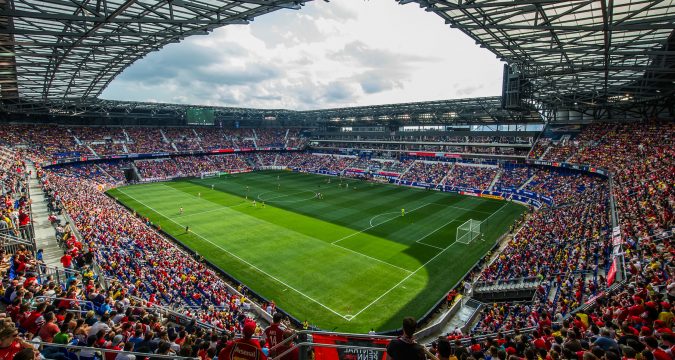 We're on the cusp of a meeting that will largely determine whether franchises based in New York and Ottawa will be accepted into the British League structure.
Both parties have to convince RFL member clubs and the RFL board itself that they can benefit the sport. Ultimately, the deciding factor should be whether they can improve the long-term la
We're on the cusp of a meeting that will largely determine whether franchises based in New York and Ottawa will be accepted into the British League structure.
Both parties have to convince RFL member clubs and the RFL board itself that they can benefit the sport. Ultimately, the deciding factor should be whether they can improve the long-term la Rugby League faces internal conflict of interest ahead of North America vote
 We're on the cusp of a meeting that will largely determine whether franchises based in New York and Ottawa will be accepted into the British League structure.
Both parties have to convince RFL member clubs and the RFL board itself that they can benefit the sport. Ultimately, the deciding factor should be whether they can improve the long-term la
We're on the cusp of a meeting that will largely determine whether franchises based in New York and Ottawa will be accepted into the British League structure.
Both parties have to convince RFL member clubs and the RFL board itself that they can benefit the sport. Ultimately, the deciding factor should be whether they can improve the long-term la 